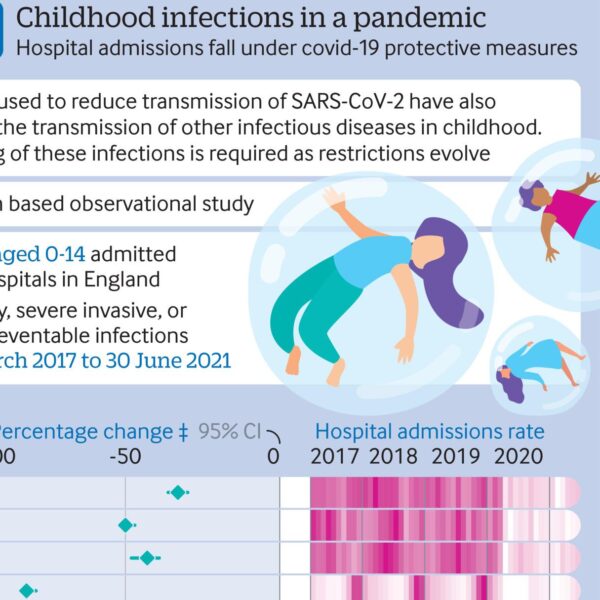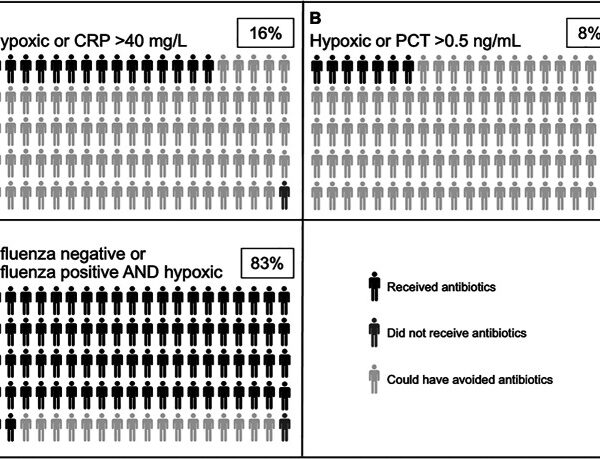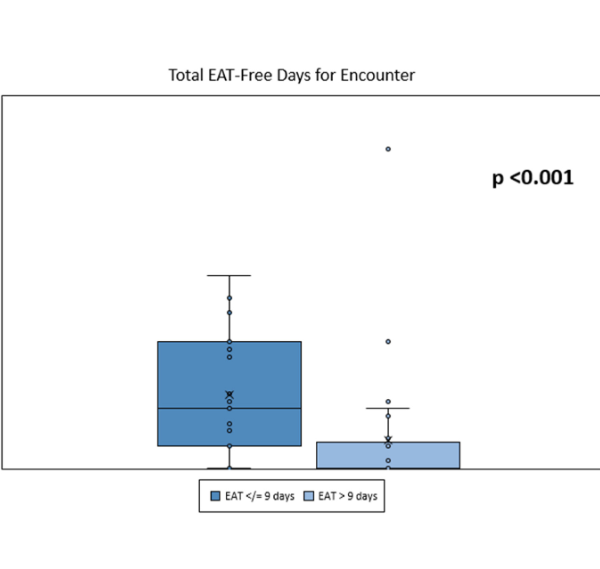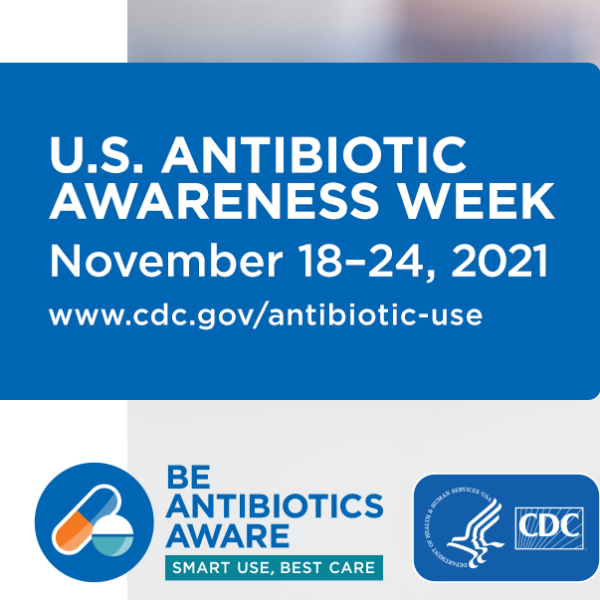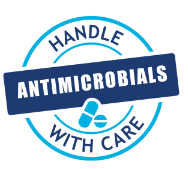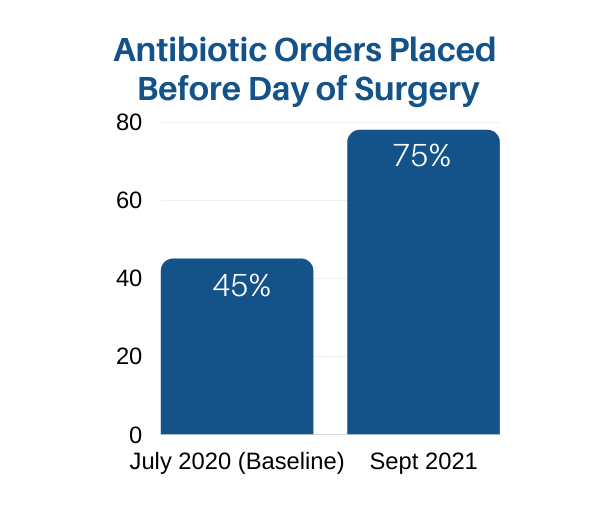
May 20, 2022
May 2022 Epic Upgrade: C. difficile Order Revision
As of May 22, 2022 the C. difficile test order will have required questions to ensure the patient is appropriate for testing. Only providers can use this order at this time, and the nurse-driven protocol for C. difficile testing will be retired. If your patient does not meet IDSA/SHEA criteria for C. difficile testing according to the documentation in the …



